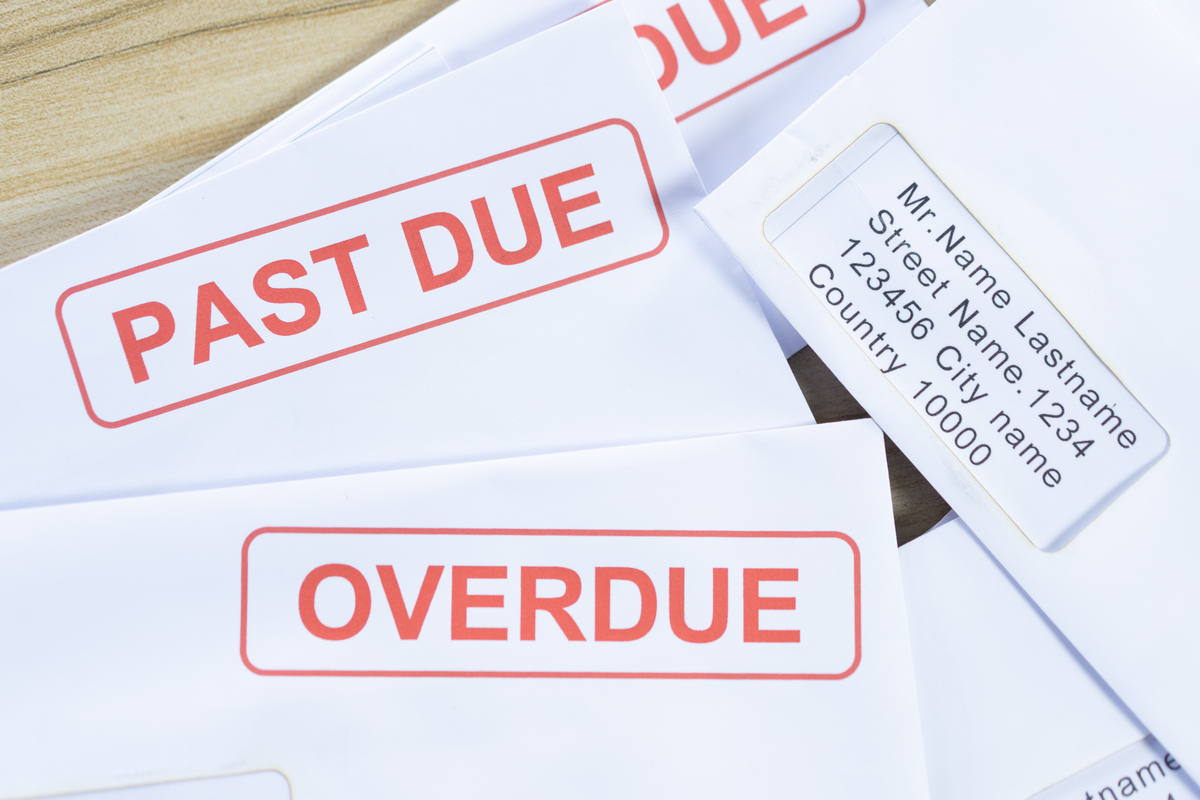Dear visitor,
You're reading 1 of your 3 free news articles this quarter
Register with us for free to get unlimited news, dedicated newsletters, and access to 5 exclusive Premium articles designed to help you stay in the know.
Join the UK's leading credit and lending community in less than 60 seconds.
One in two people struggling to keep up with essential bills
A new survey by YouGov for StepChange finds that 45% of UK adults (23 million) have found it difficult to keep up with household bills and credit commitments in the last few months.

This is up from 30% in October 2021 and 15% in March 2020.
That means the number of people struggling with their financial commitments has shot up by 8 million in less than a year.
12% of GB adults, or six million people, are currently behind on at least one household bill. 2.4 million people report that they are behind on their energy bill.
This data comes as new research from StepChange based on interviews with clients unable to keep up with essential costs, making ends meet; insights from debt advice clients, reveals how financial difficulty takes a toll on mental health and holds people back from getting the help they need to deal with their financial problems.
48% of GB adults, or 25 million people, say their mental health has been negatively affected by the rising cost of living, rising to 83% of those in arrears on household bills. 74% of those who are struggling to keep up say they would be reluctant to ask for help from one or more type of creditor if they owed them money.
Without the right help people struggling with bills often cope through desperation borrowing and become trapped in a harmful debt spiral for years. StepChange says that breaking this cycle is crucial, especially at a time when so many people are feeling financial pressure.
The charity says it is absolutely crucial the government uprates benefits in line with inflation as soon as possible. It notes one third (31%) GB adults report rationing utilities or going without a healthy diet to keep up with credit repayments in the last three months.
As more people find their income insufficient to keep up with bills, ensuring the safety net keeps pace with inflation is essential to prevent hardship and destitution.
It highlights the government can further help by reducing deductions from Universal Credit to repay government debt like benefit overpayments. The latter step would put up to £50 per month on average back in the pockets of many claimants.
The charity is also calling on the government, regulators and creditors to work together to support people behind on bills this winter.
The charity is calling for better and quicker identification of financial difficulty and reducing barriers to help through well-designed engagement and communications; creditors to prioritise supporting customers to meet essential costs over debt repayment; and a stop on inappropriate debt collection or enforcement activities that increase pressures on struggling households.
StepChange has called for a specific package of steps by energy suppliers, including a moratorium on disconnections and forced installations of prepayment meters.
Peter Tutton, StepChange head of policy, research and public affairs, said:
“Increasing pressure on household budgets raises the spectre that the cost-of-living crisis will cast a long shadow as families struggle with problem debt for years to come.
“Our research with clients shows the debilitating pressures that heap on people struggling with debt. It can’t be taken for granted that those who are struggling will reach out when they can’t cope. Creditors of all kinds—government, utility providers and financial services—must engage and support people who are struggling with essentials this winter.
“More action is urgently needed to ease the crisis facing households with low incomes. The government’s commitment to growth needs to be matched with extra help for financially vulnerable households this winter, which goes beyond the cost of energy.”
Stay up-to-date with the latest articles from the Credit Strategy team
Get the latest industry news






